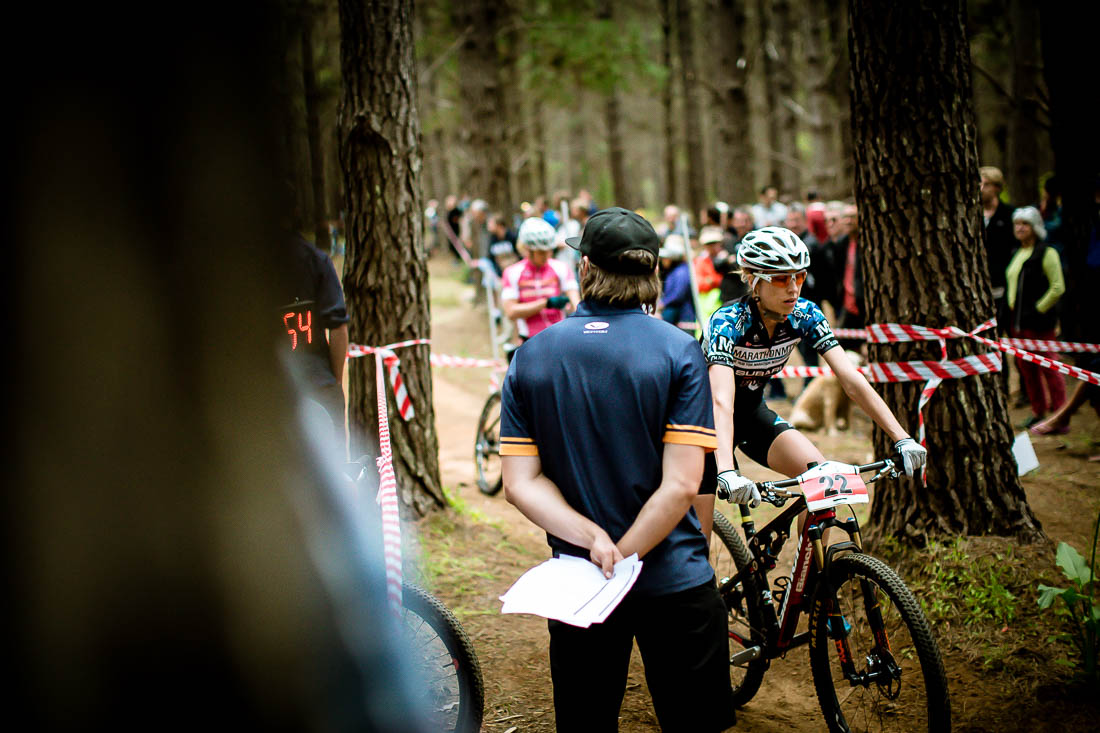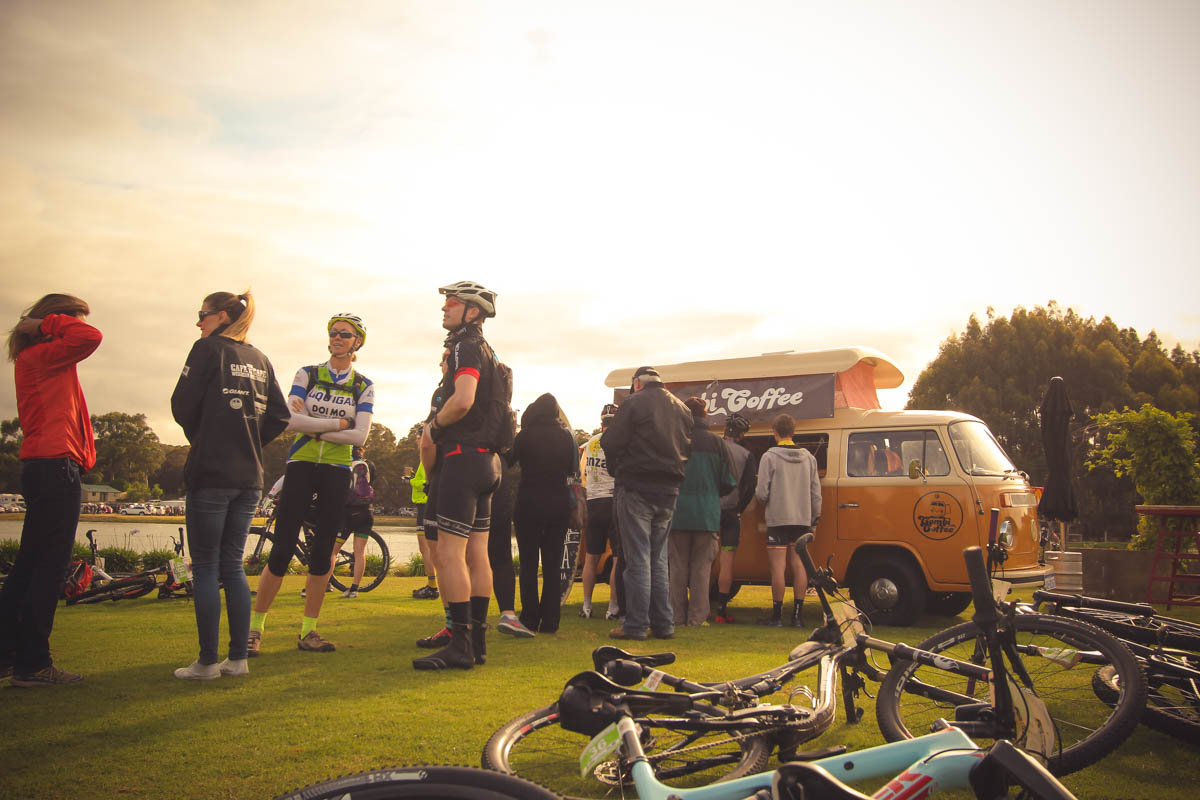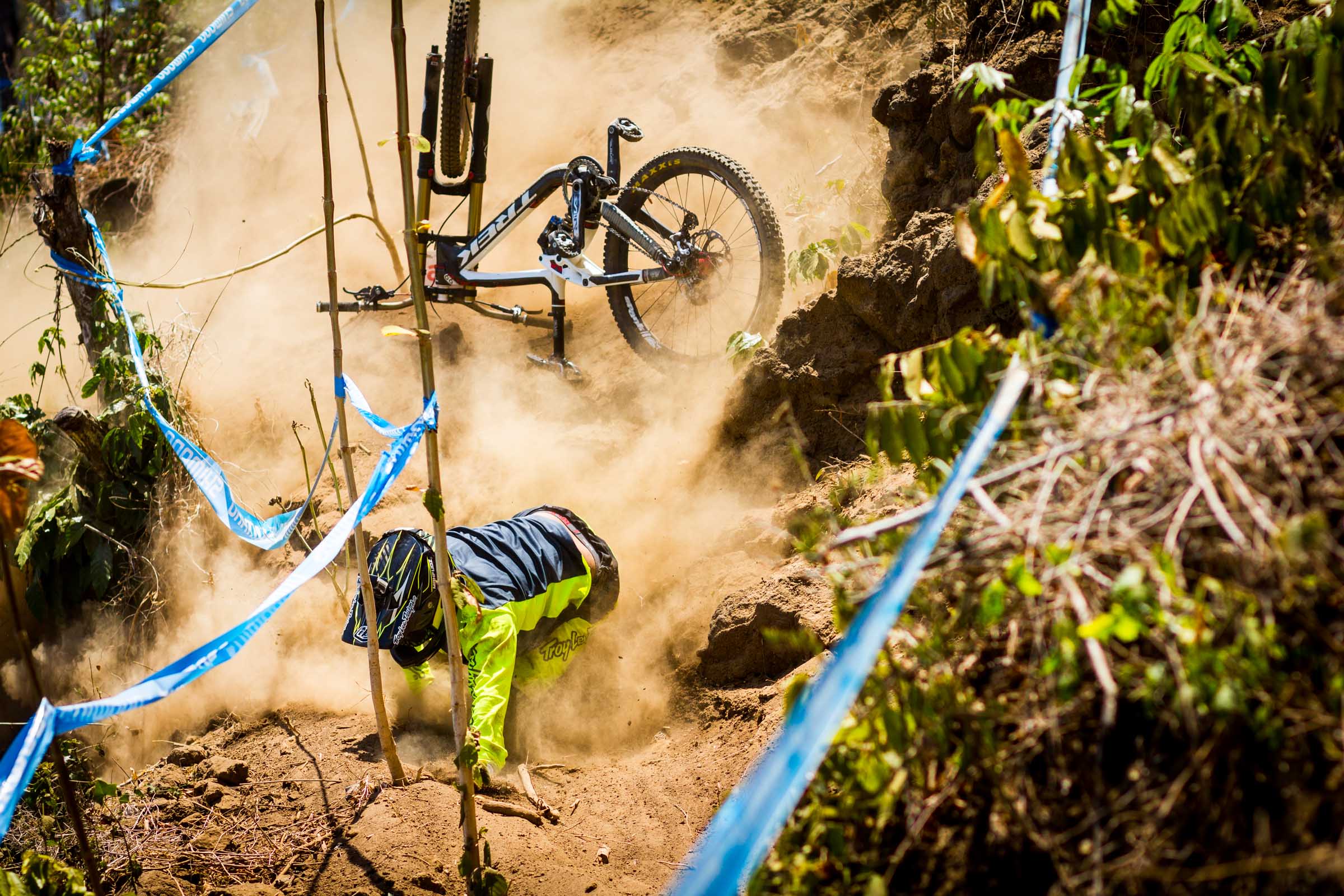Let’s look at some of these myths…

Thought stopping: This is the “just don’t think about it” advice that’s pretty common. The idea is that we can stop a distressing or intrusive thought just by telling ourselves not to think about it, or trying hard to think about something else. Turns out that, as great as it would be to be able to do this, when we try to stop or control our thoughts, they invariably come back, louder, stronger, and more distressing than before. Not only is this process very distracting, it encourages us to treat our thoughts as the enemy, and to spend a lot of time and effort trying to make them go away even though this is pretty much impossible. In a nutshell, it’s tiring, distracting, and just doesn’t work.
When we try to stop or control our thoughts, they invariably come back, louder, stronger and more distressing.
A better option is to acknowledge that we have annoying, intrusive, or upsetting thoughts. Once we can accept that they’re not going anywhere, we can practice directing our attention to the present moment and the task at hand, even though the thoughts might still be there. This way, we can get used to functioning in the presence of intrusive thoughts, and learn to focus our attention when we’re distracted. Note that the most important part of this process is not to try and distract yourself from your thoughts but, instead, to focus on what matters even though the thoughts are still there.
To summarise: whenever you find yourself getting distracted by your thoughts, thank your mind, and redirect your attention to the present moment.

Pre-race rituals: Many athletes have pre-race or pre-game rituals that they feel they need to perform before any event. This is often encouraged by coaches and represents a big sport-psych myth. Scarily, these rituals can often turn into full-blown superstitions that border on obsessive-compulsive behaviour (like being convinced that you can’t win an event without your special socks, or insisting on walking around your car three times before you can start your ride).
The danger of rituals is that athletes can become psychologically dependent on them
This myth grew out of the idea of performing a particular routine before an event or sub-event (like a golf shot) to “get into the zone”. Unfortunately, it just encourages a person to be dependent on something that has very little effect on performance, unless it’s not there. The danger of rituals is that athletes can become psychologically dependent on them, making them into self-fulfilling prophecies (i.e., performance drops without the ritual, not because the ritual increases performance, but because the athlete believes that it does and gets distressed in its absence).
A better option is to learn to focus your attention prior to an event or difficult action (like a drop or gap), even (especially) when things aren’t going well. A major part of being a good mountain biker (especially in competition) is the ability to retain or regain focus when things are going or have gone wrong. Have a read of this article (https://flowmountainbike.com/features/the-soapbox-riding-in-the-here-and-now/) to get an idea of how.
Other articles by Dr Jeremy Adams
Why You Don’t Really Need to Upgrade
It’s OK to Take the Winter Off
Using Pain to Become a Better Mountain Biker
Are You Addicted to Buying MTB Gear?
Positive thinking and self-talk: This one’s a biggy, and keeps doing the rounds in self-help books, ‘motivation seminars’, and social media. The idea is that, thinking ‘positive thoughts’ will override any ‘negative thinking’ and that, somehow, this magical thinking will transform you into an amazing athlete, worker, lover, etc. Of course, it’s utter BS.
The thoughts don’t actually matter, it’s your actions that count,
Turns out that ‘positive thinking’ and self-talk are just as big a distraction as so-called ‘negative thinking’. It takes a lot of effort to try and override one set of thoughts with another, and the end-product is just noisy (imagine a radio playing “station negative” and then trying to override it by turning the volume up on another radio: “station positive”. The end result is just a lot of confusing noise). Even more important is the fact that simply thinking a thought doesn’t mean that things will change. Without a useful follow-up action, thoughts are just thoughts.
A better option is to learn to notice when you’re being distracted by your thoughts (whether they’re “positive” or “negative”) and, rather than attempting to distract yourself, returning your attention to what matters right now. The thoughts don’t actually matter, it’s your actions that count, and these actions should be based on what you believe is important. That means balancing desire against risk, and developing an appropriate skill base that allows you to do what you want, even in the presence of upsetting, “negative”, or distracting thinking.
Getting into the “zone”: The “zone”, “flow”, “the bubble”, etc. All names for a mental state in which we tend to perform well and feel amazing. It’s that mental situation that we get very rarely when everything feels perfect, you do everything right, and there’s no distraction or self-doubt. It feels amazing. So we should try and get into that state as often as possible, right?

Wrong. Sadly, as amazing as the flow state is, it’s pretty mysterious. After 40 years of study, psychologists haven’t been able to figure out how to create flow on demand – it remains elusive. Sure, there are some factors that increase the chance of flow, so the myth has developed that this is what you should be aiming for every ride.
Expect that things will be difficult and painful, and accept that this is what riding is
Here are the problems with aiming for flow on every ride: (1) flow is abstract and rare; (2) most rides are hard and painful; (3) when you’re mountain biking things go wrong a lot; and (4) riding is about what you do, not what you feel. If you expect to achieve a flow state every ride, you’re guaranteed to be disappointed. Worse, if you feel that you’ve failed to achieve flow, it can make a good ride less meaningful because you didn’t get the buzz you expected.
A better option is to expect things to go wrong. If you find that it’s too hot, or cold, or you’re not feeling it, or you get a puncture, or snap your chain, or crash out on an easy section of trail, or feel like crap, that’s OK. That’s what mountain biking is. Sure, occasionally you’ll get the magic buzz, but most rides will be just rides. Learn to focus on the riding in its entirety, not just the supposed “good stuff”. Instead of expecting that everything will be great, expect that things will be difficult and painful, and accept that this is what riding is. When things go better than you expected, you’ll be much better able to appreciate them!
Flooding: We’ve all heard the timeless advice “go big or go home” (and its variants). This suggestion is usually based on a badly outmoded psych practice called flooding, in which it’s assumed that massive exposure to something that we’re frightened of will get us past our fears. The usual implementation of flooding in mountain biking is to attempt to push through fear by trying things that are outside our competence level – like trying to tackle a big gap without putting in the groundwork on smaller gaps first.
We run the risk of cementing a small fear in place and making it a lot bigger.
There are two major problems with flooding. First, in mountain biking, it often results in physical injury, because we take on high levels of risk before we have the skills to mediate that risk. Secondly, because we have a high chance of failure (and because failure often means injury and pain), we run the risk of cementing a small fear in place and making it a lot bigger.

A better option is to work with fear more gently. Rather than forcing yourself to do things that you’re really not up to, be a bit more patient, and work up to it over time. If drops are your nemeses, find a skills park and practice on small drops until you feel confident, then try slightly bigger ones, and so on. We all want to be able to ride the big stuff, but mountain biking isn’t about ball size, it’s actually about skill – and skill comes from consistent practice. Have a read here for more info (https://flowmountainbike.com/features/the-soapbox-getting-your-mojo-back).
Willpower: Speaking of patience and practice, the willpower myth is a big downfall for most of us. Willpower is the idea that, with enough effort, we can make ourselves do something that we don’t want to. For the most part, willpower has a very limited shelf life. You’ve probably experienced this for yourself: you fully intend to go for a training ride on a cold, winter’s day, but you never seem to make it out the door; or you’re absolutely sure you won’t have that extra piece of cake, and you manage to resist it for about 10 minutes, right up until you give in; or you fully intend to keep going hard to the top of the hill, but give up after 200 metres when it really starts to hurt. The problem is that we actually believe that willpower works, so we tend to place a lot of emphasis on it in our decision-making. So willpower, or its lack, tends to be a big factor when it comes to things like training or eating well.
Willpower, or its lack, tends to be a big factor when it comes to things like training or eating well.
Because we expect to be able to make ourselves do stuff, we’re often surprised when we can’t, or don’t want to follow through. And we tend to repeat this error over and over again: we assume that each time our willpower failed us that it was an aberration, and that next time will be better. This means that, instead of learning from our experiences, and making sure we’re better prepared next time, we just go with the “I’ll be able to use my willpower” fallacy.
A better option is to expect that your willpower won’t actually work. Instead of relying on something that’s unreliable, a better solution is to own up to the choices you’re making. Most of us pretend we’re not making a choice when we don’t train, eat poorly, or give up early. But, in reality, of course we are, we’re just not owning up to that choice and, instead, convincing ourselves that our feelings are a better source of information than our values. So be honest with yourself and remind yourself about what really matters: “my choice is to go for a training ride, or sit on the couch – I feel like sitting on the couch, but my training is important to me. My choice, therefore, is to train, fully recognising that I don’t feel like it and that I will probably be uncomfortable during it”.
About the author:
Dr. Jeremy Adams is a registered psychologist and director of Eclectic Consulting Ltd. He divides his time between mountain biking, working with athletes and other performers, executive coaching, and private practice.
In past lives, Jeremy has been a principal lecturer in sport and performance psychology at a university in London, a senior manager in a large consulting firm in Melbourne, a personal trainer in Paris, and a scuba instructor in Byron Bay. He’s also the author of a textbook on performance in organisational management, a large range of professional and popular articles, and a regular blog about how to be human (www.eclectic-moose.com).
Jeremy is based in Hobart and can be contacted through his website (www.eclectic-consult.com)